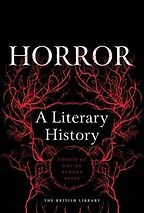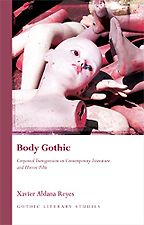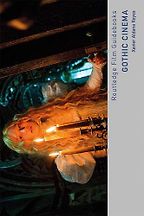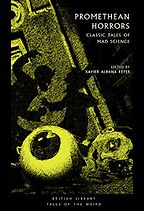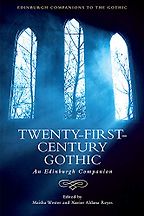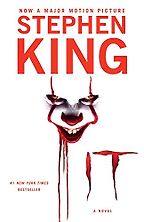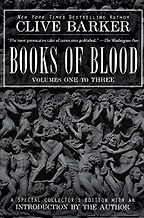
Books by Xavier Aldana Reyes
Xavier Aldana Reyes is Reader in English Literature and Film at Manchester Metropolitan University, and a founding member of the Manchester Centre for Gothic Studies. His books include Gothic Cinema (2020), Spanish Gothic (2017), Horror: A Literary History (editor, 2016), Horror Film and Affect (2016), Digital Horror (co-editor, 2015) and Body Gothic (2014).
Horror: A Literary History
(ed.) Xavier Aldana Reyes
I put together Horror: A Literary History in 2016 after the British Library contacted me with the exciting idea of a lavishly illustrated volume on the topic. It was originally a side project that I developed purely for my love of the genre, as a love letter to it, in fact. All histories are always partial, so my aim was not to provide a definitive tome (this would require many volumes), but an introduction that could be enjoyed by both aficionados and beginners. I wanted to bring academics together from different disciplines who would be able to offer their own unique research-influenced insights.
I was very keen to work with writers like Roger Luckhurst, who knows the turn of the century very well, or Dale Townshend, who is a specialist in Romanticism. I wanted to see how they could bring their own expertise to specific periods of horror writing. The book seems to have sold quite well, helped raise the profile of horror and inspired people to read more of it, which is one of the things I aim to achieve with my research.
Promethean Horrors: Classic Tales of Mad Science
(ed.) Xavier Aldana Reyes
Twenty-First-Century Gothic: An Edinburgh Companion
(ed.) Maisha Wester, (ed.) Xavier Aldana Reyes
Interviews with Xavier Aldana Reyes
Scary Books, recommended by Xavier Aldana Reyes
Whether you’re scared most by graphic body horror, the uncategorisable, or the blurring of boundaries between supernatural menace and psychological unraveling, this list will have something for you. Reflecting on the complex nature of fear, Xavier Aldana Reyes surveys the best modern horror and explores whether the genre might offer consolation as well as terror.
